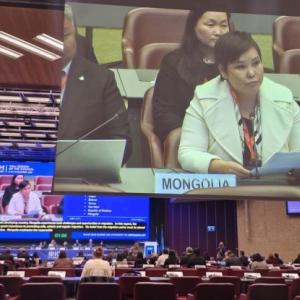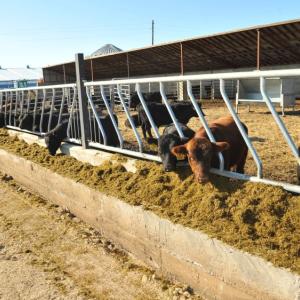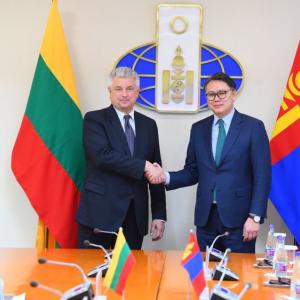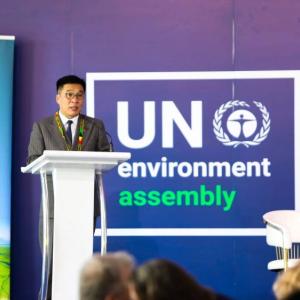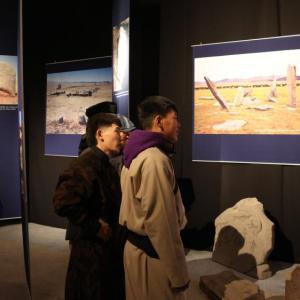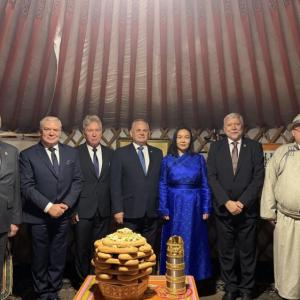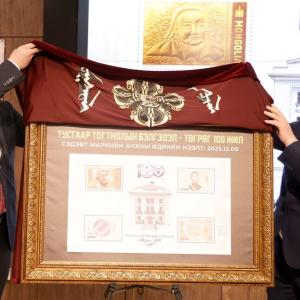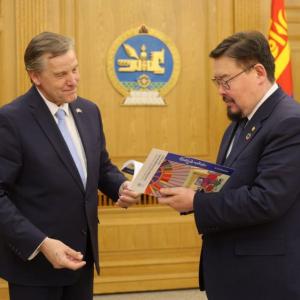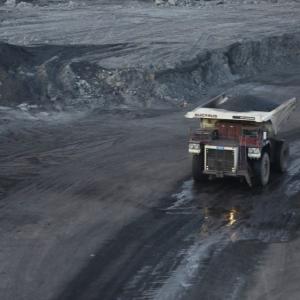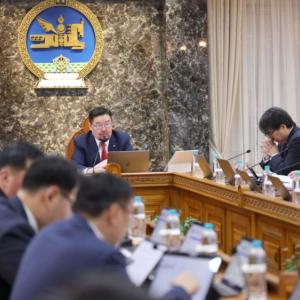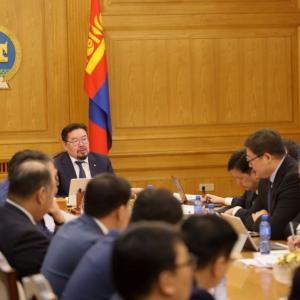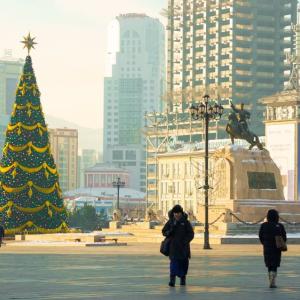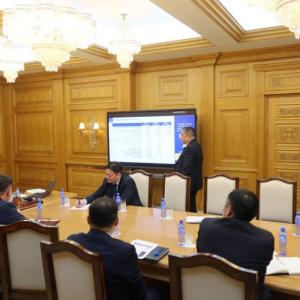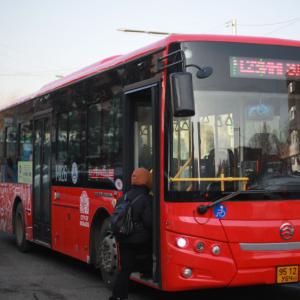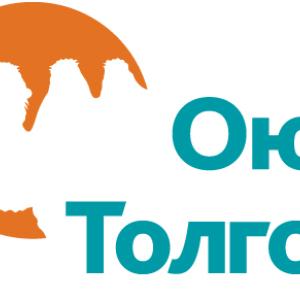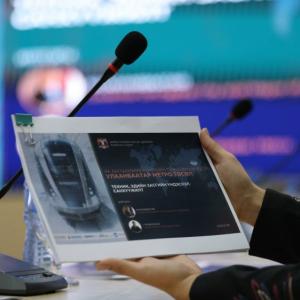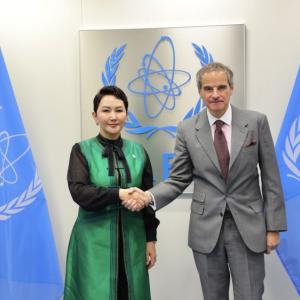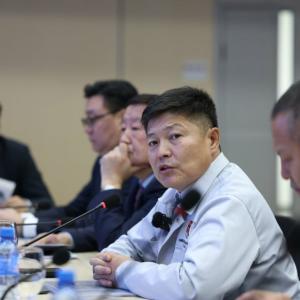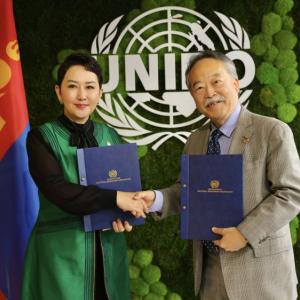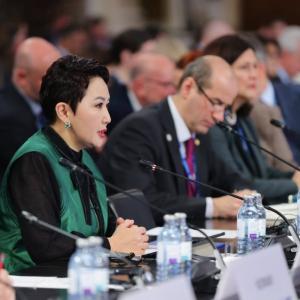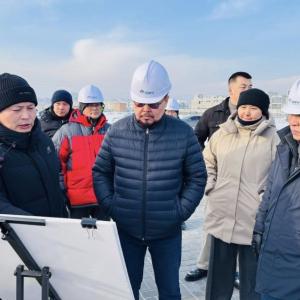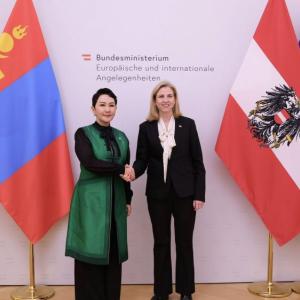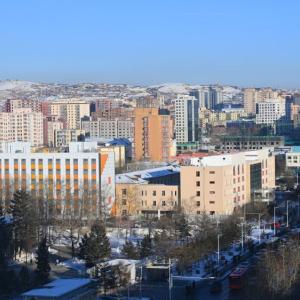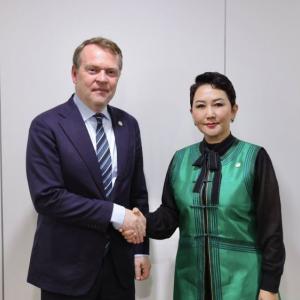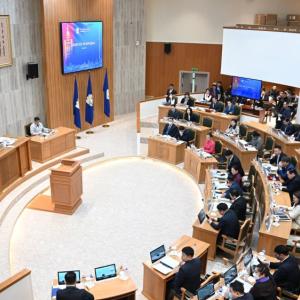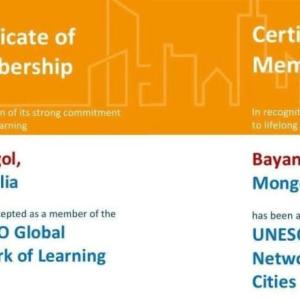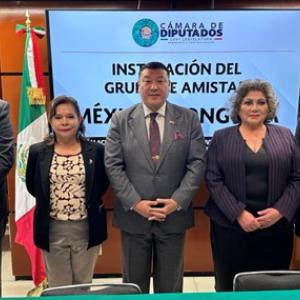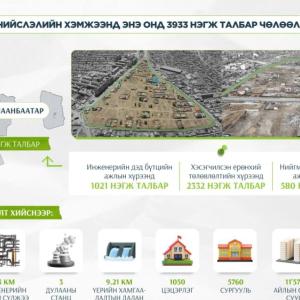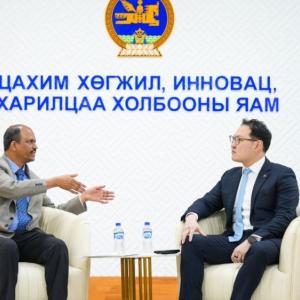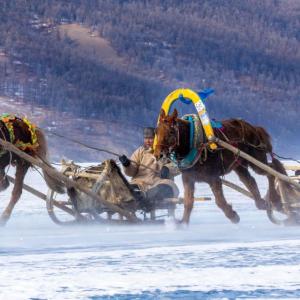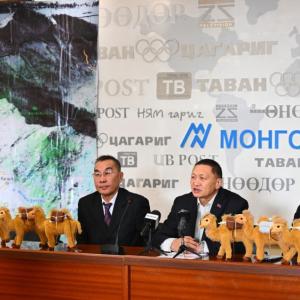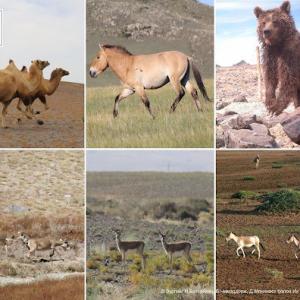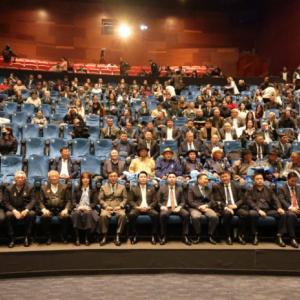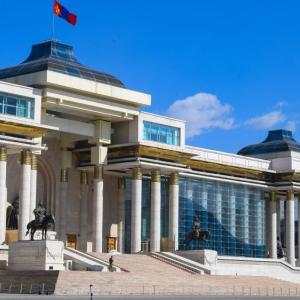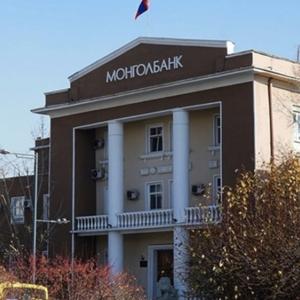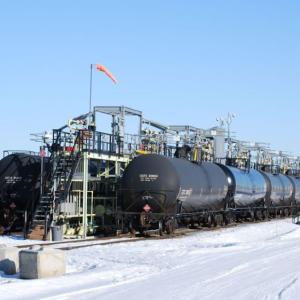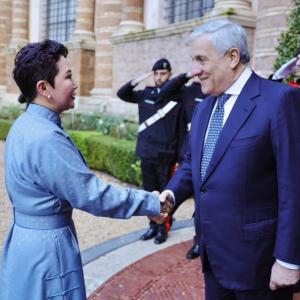Mining governance in Mongolia improves slightly, but public disclosures, governance of state-owned enterprises require attention
Economy
Ulaanbaatar /MONTSAME/. Mining governance in Mongolia remains “satisfactory,” with marginal improvements since a previous assessment, according to the 2021 edition of the Resource Governance Index (RGI).
The slight increase in the country’s overall 2021 RGI score—up 6 points from the 2017 RGI, to 70 out of 100 points—was driven by improvements in revenue management and Mongolia’s enabling environment, with Mongolia scoring high in the index’s open data subcomponent due to digitization efforts by the government.
“As the Mongolian government discusses changes to mining legislation, the Resource Governance Index provides needed evidence and proposes solutions to the challenges the country is facing in the pandemic era,” said Dorjdari Namkhaijantsan, country manager for Mongolia at the Natural Resource Governance Institute (NRGI).

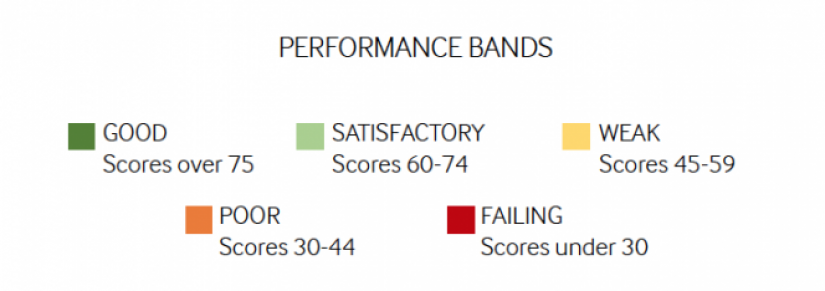

The country worsened slightly in the realization of value from mining, a small decline driven mostly by a deterioration in the governance of local environmental and social impacts from the sector. The failure to disclose assessments pertaining to procedures governing rehabilitation and closure of mining sites remains a challenge, NRGI experts said.
Researchers also found corruption and conflict of interest risks in the absence of laws requiring companies and the government to disclose the true, beneficial owners of extractive companies with which state actors enter into contracts.
Mongolia continues to perform poorly in state-owned enterprise governance with state mining company Erdenes Mongol receiving a “poor” classification due to its failure to adequately disclose its financial transactions and production statistics.
“The poor results for Erdenes Mongol are especially worrying as the company assumes larger roles in managing natural resources,” said Dorjdari Namkhaijantsan. “Current discussions around a new sovereign wealth fund should also focus on revamping the governance of the company.”
NRGI also found a significant gap between the quality of Mongolia’s legal frameworks and their enforcement. NRGI researchers recommend that the government focus on increasing awareness of legislation and ensuring law enforcement and compliance at all levels.
The NRGI assessment concludes with recommendations on how the legislature can strengthen the legal framework governing contract and beneficial ownership disclosures; adherence to open data principles and improving access to online data; increasing transparency and accountability at Erdenes Mongol; implementation of the Future Heritage Fund law; and ensuring regular updates to citizens with information relating to environmental impact assessments and protection plans.
The 2021 Natural Resource Governance Index assesses how 18 resource-rich countries are managing their oil, gas and mineral wealth. The composite index has three components. Two measure essential characteristics of the extractive sector, namely value realization and revenue management, and the third analyses the overall governance framework. These three overall dimensions of governance comprise 14 subcomponents with 51 indicators, which are calculated using 136 questions.
In Mongolia, NRGI researchers completed a questionnaire to collect primary data on value realization and revenue management. For the third component, the Natural Resources Governance Index uses external data from some twenty international organizations. The 2021 evaluation covers the period 2019-2020. For more information on the Index and how it was developed, see the RGI methodology document.

 Ulaanbaatar
Ulaanbaatar





